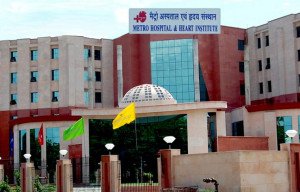Best Appendicitis Treatment In India
Related By Laparoscopy
| # | {packageDetails.name} Treatment Cost | Average Price | Price |
|---|---|---|---|
| 1 | Appendix operation cost in India usually ranges | 70000.00 | 17000.00 - 170000.00 |
Package Details
About Appendicitis
An appendicitis is an inflammation of the appendix inflamed, swollen, or infected and filled with pus, and it symptoms of appendicitis in your appendix location is lower right abdomen. It is a finger-shaped pouch that projects from colon on the lower right side of your abdomen and is attached at the beginning of the large intestine. In the appendix, pain begins around the navel and then moves. It mostly occurs in people between the age group of 10 to 30. The standard treatment for the appendix is surgical removal.
Causes of Appendicitis
- Infection in the digestive tract with appendicitis treatment
- Abdominal or traumatic injury
- Constipation or buildup of hardened stool
- Tumor in the appendix
- Inflammatory bowel disease
- Increased/enlarged lymphoid follicles
- Increased number of intestinal worms
Symptoms of Appendicitis
- Flatulence
- Indigestion
- Constipation
- Nausea and vomiting
- Fever
- Swollen abdomen
- Inability to pass gas
- Diarrhea
- Sudden pain on the right side Abdominal these are the appendix symptoms.
Diagnosis of Appendicitis
Blood Test: A blood test may be required to determine your white blood cell count, which will enable the doctor to look for signs of potential infection or inflammation.
Urine Test: The doctor can ask you to have a urinalysis to make sure that a kidney stone or urinary tract infection isn't causing you any pain or discomfort when occurs appendicitis symptoms.
Abdominal X-Ray: An abdominal imaging test, such as an x-ray, may be performed to ascertain whether you have appendicitis or any other complications that could be the source of your excruciating pain or discomfort.
Ultrasound: An additional imaging test, with best appendicitis specialist india ultrasound employs sound waves to produce images of the inside of the abdomen and pelvis. The doctor can use this information to look for indications of appendix inflammation, abscess formation, and other issues.
CT Scan: Using a collection of X-ray images obtained from various angles all over your body, a computed tomography (CT) scan can produce cross-sectional images of the organs inside your abdomen. It is believed that CT scans can diagnose acute appendicitis with a 90% accuracy rate.
Magnetic Resonance Imaging (MRI) Scan: MRI scans are just as good as CT scans for spotting appendicitis. This kind of non-invasive test employs radio waves and magnets to produce cross-sectional images of the abdomen that let the doctor look for anomalies in the body's tissues and organs. This is the approach that pregnant patients most frequently choose while having their appendix located.
Self Diagnosis
- Decrease in appetite.
- Vomiting and nauseous.
- Minor fever
- Difficulties with bowel movements.
Generally speaking, you might feel like you have a stomachache that is a little worse than usual, but appendicitis can advance quickly. Your issues might deteriorate in less than a day. You may feel even worse since you will likely have a high temperature, followed by vomiting, and your stomach may hurt all the way from your belly button to the bottom right side of your abdomen.
Diagnosis By Doctor
Risks & Complications
Anaesthesia reaction: A person may be put under anaesthesia before having their appendix removed in order to relieve the discomfort, but depending on how their body responds to the anaesthesia, this could expose them to complications including breathing difficulties during the procedure.
Bleeding: If a person has acute appendicitis, the appendix may rupture, causing significant gastrointestinal haemorrhage from an appendiceal stump, which may result in major rectal bleeding. Such instances are, however, thought to be incredibly unusual.
During an appendectomy, the appendix may burst, resulting in inflammation that may be followed by redness or infection in the abdominal region.
Bowel Obstruction: Because of the development of adhesions surrounding the appendix, bowel obstruction may occur after abdominal surgery.
Infection of the wound: When skin is cut or punctured during surgery, this could result in an infection in the vicinity of the wound, resulting in symptoms like redness, swelling, or bleeding, followed by pain and fever.
Injury to the neighbouring organs: Although unlikely, a surgical procedure could harm the tissues and organs in the area. This could result in the formation of scar tissue and possibly result in bowel obstruction.
Prevention
- By far, there is no known way to stop appendicitis from occurring. However append list python,
- By eating a balanced diet that contains an adequate number of fruits, vegetables, oats, brown rice, whole wheat, and other whole grains that are high in fiber,
- You may be able to reduce the risk.
When should you see a doctor?
Recovery rate

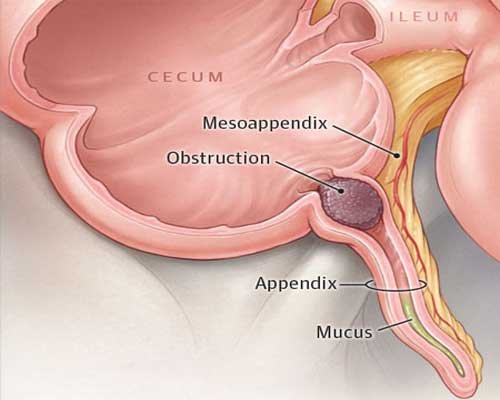
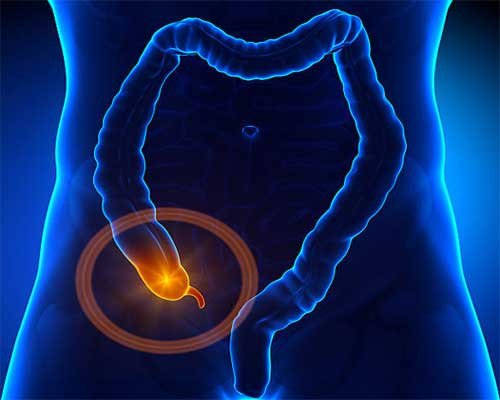
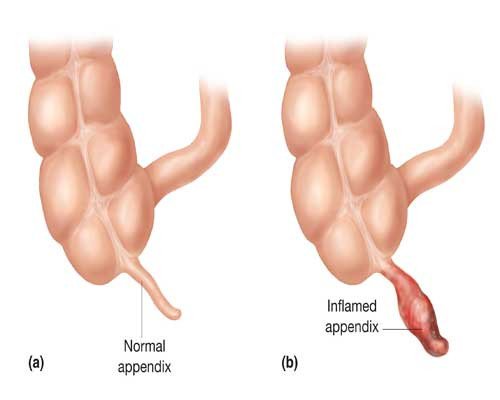

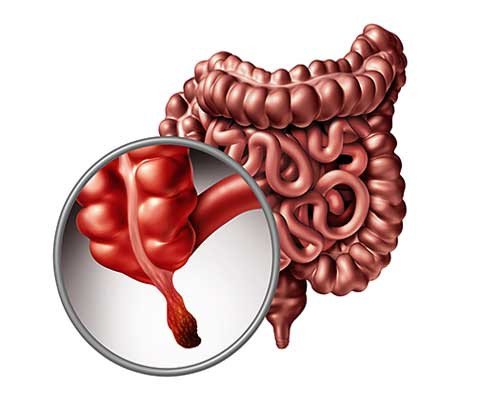
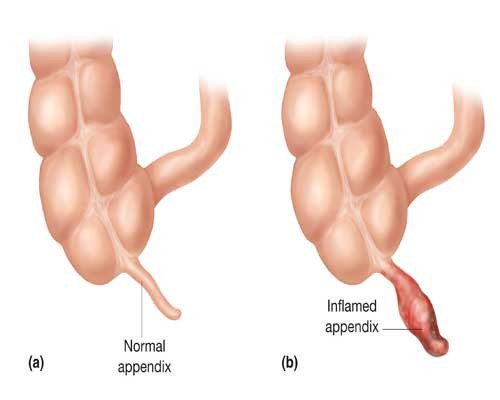


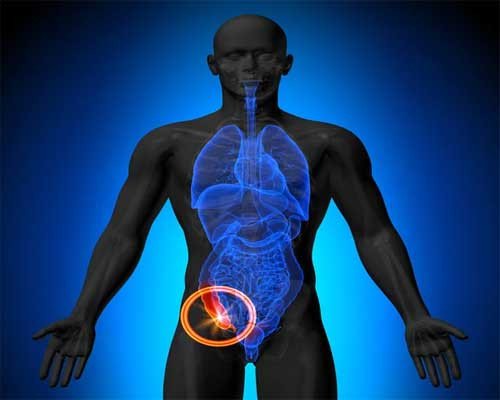

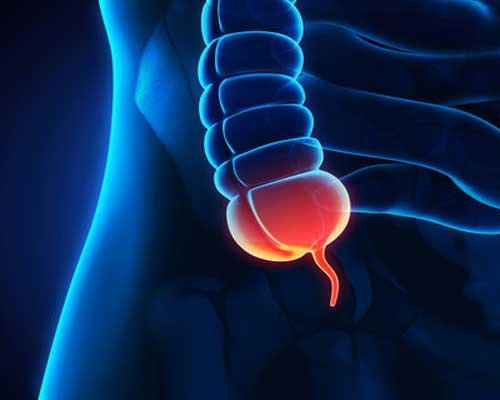
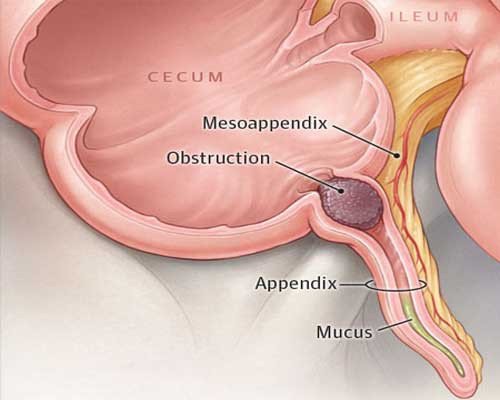







.jpg)


